Glycosylated hemoglobin (HbA1c) is widely recognized as a standard to evaluate the quality of diabetes control. As is known to all, HbA1c is closed related to fasting as well as postprandial blood glucose.
The clinical importance of glycosylated hemoglobin
It has remained a hard issue to address how to evaluate the quality of diabetes control in the long run, particularly for those who suffer from fluctuations and insulin injections. Testing blood glucose and urine glucose one time can only gain insights about the blood glucose level at a specific time.
With changes in food eating and glucose metabolism, it's hard to clearly find the disease previously. On the contrary, the glycosylated hemoglobin changes based on the change of blood glucose, which can reflect the average blood glucose level of the patient during 4 to 8 weeks prior to the blood test.
Glycosylated hemoglobin is thought of as an indicator for monitoring the diabetes conditions as well as diagnosing mild, type two and hidden-symptoms diabetes at the initial stage. However, it is not the sensitive element for diabetes diagnosis and fails to replace the current glucose tolerance test.
Why does glycosylated hemoglobin increase?
As per the study, when HbA1c level remains between 7.3% and 8.4%, the influence of fasting and postprandial blood glucose on overall blood glucose is the same.
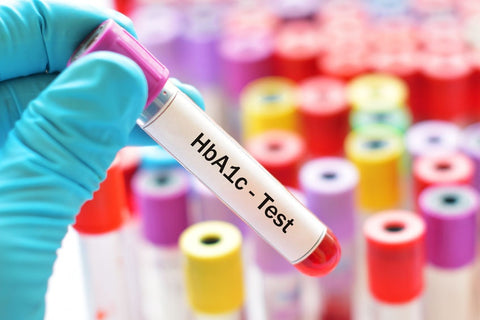
When HbA1c level exceeds 8.5%, the effect of fasting blood glucose on overall blood glucose is greater than postprandial blood glucose. With the rising HbA1c level, fasting glucose exerts a greater impact on HbA1c than ever before. Fasting blood glucose control is closely related to the level of basal insulin.
Fasting blood glucose and postprandial blood glucose
They are both essential indicators for the diagnosis of diabetes, serving as diabetes control level. Actually, fasting blood glucose means the basis of blood glucose.
As such, blood glucose can be divided into two parts: basal blood glucose and postprandial blood glucose. Basal blood glucose aims to maintain the normal physiological functions of the human body and ensure the activities of people keep smooth.
In most cases, it is regulated by the liver: If blood glucose is too low, the liver will release stored glycogen into the blood to maintain stable blood glucose. However, the liver's capacity to store glycogen is restricted. To meet demands for life activities, people must have meals to absorb more sugar. Following the absorption of food, there will be a spike in blood glucose, which can be called postprandial blood glucose.
The level of fasting blood sugar is affected by the physiological regulation of the human body. Normally, people have dinner at around 19:00 at night, and have breakfast at 7:00 in the morning. During the process, the human body is about to consume the sugar basically, leading the morning time to be the lowest in blood glucose.
But the blood glucose will be enhanced following having breakfast to enable blood glucose level to be in a reasonable range. After blood glucose reaches a normal level under the influence of hormones, it is also affected by physiological factors, thereby allowing the blood glucose to fail to rise.
In other words, the diagnosis of diabetes by relying solely on fasting blood glucose indicators will miss some diabetic patients. But once the monitored fasting blood glucose reaches the criteria for diagnosing diabetes, the diagnosis rate is often relatively high.
On the contrary, postprandial blood glucose is more sensitive to diagnose diabetes. Adopting this indicator can allow people suffering from impaired glucose tolerance and diabetes to be founded in time.
If the fasting blood glucose level remains high, the postprandial blood glucose level is to reach high accordingly. The level of fasting blood glucose is affected by diabetes treatment and control. If people are hard to control diet, exercise and take a low amount of medication, the fasting blood glucose will surge. On the contrary, to control those mentioned above excessively, it will lead to hypoglycemia.
The postprandial blood glucose level is closely related to the fasting blood glucose level in that the fasting blood glucose level directly affects the postprandial blood glucose level.
What should people do if fasting blood sugar is high?
If people eat too much, it is required to reduce calorie intake, for example, going for a walk and exercising. If these fail to work, people can inject intermediate or long-acting insulin analogs before going to bed to address the issue of high fasting blood sugar.
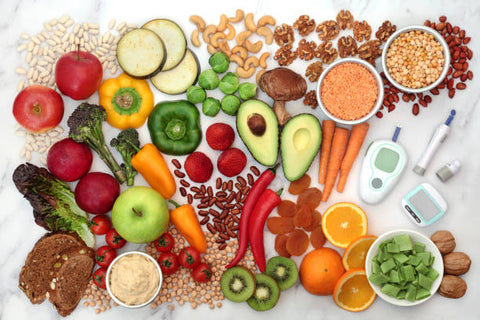
If people eat too little, Su Mujie reaction will appear. They need to eat crackers or drink milk to prevent nocturnal hypoglycemia.
The way to judge these two factors is to monitor the blood glucose at around 2:00 in the morning. If there is hypoglycemia at this time, it is called Su Mujie reaction; on the contrary, it may be a dawn phenomenon.
When HbA1c level is less than 7.3%, the increase in overall blood glucose mainly depends on postprandial blood glucose. Postprandial blood glucose elevation is an independent risk factor for death caused by cardiovascular diseases, as per studies. Strictly controlling postprandial blood glucose will be more conducive to HbA1c control compliance in that the structure and function of vascular endothelial cells can be better protected and fatality rate can be lowered.
What should people do if postprandial blood glucose is high?
When the glycosylated hemoglobin remains high, the control of fasting blood sugar and postprandial blood sugar cannot be ignored. It should be highlighted to lower overall blood glucose. Only by doing so, can the harm of hyperglycemia to people with diabetes be significantly reduced, thus decreasing the risks caused by related complications.
The clinical importance of glycosylated hemoglobin
It has remained a hard issue to address how to evaluate the quality of diabetes control in the long run, particularly for those who suffer from fluctuations and insulin injections. Testing blood glucose and urine glucose one time can only gain insights about the blood glucose level at a specific time.
With changes in food eating and glucose metabolism, it's hard to clearly find the disease previously. On the contrary, the glycosylated hemoglobin changes based on the change of blood glucose, which can reflect the average blood glucose level of the patient during 4 to 8 weeks prior to the blood test.
Glycosylated hemoglobin is thought of as an indicator for monitoring the diabetes conditions as well as diagnosing mild, type two and hidden-symptoms diabetes at the initial stage. However, it is not the sensitive element for diabetes diagnosis and fails to replace the current glucose tolerance test.
Why does glycosylated hemoglobin increase?
As per the study, when HbA1c level remains between 7.3% and 8.4%, the influence of fasting and postprandial blood glucose on overall blood glucose is the same.

When HbA1c level exceeds 8.5%, the effect of fasting blood glucose on overall blood glucose is greater than postprandial blood glucose. With the rising HbA1c level, fasting glucose exerts a greater impact on HbA1c than ever before. Fasting blood glucose control is closely related to the level of basal insulin.
Fasting blood glucose and postprandial blood glucose
They are both essential indicators for the diagnosis of diabetes, serving as diabetes control level. Actually, fasting blood glucose means the basis of blood glucose.
As such, blood glucose can be divided into two parts: basal blood glucose and postprandial blood glucose. Basal blood glucose aims to maintain the normal physiological functions of the human body and ensure the activities of people keep smooth.
In most cases, it is regulated by the liver: If blood glucose is too low, the liver will release stored glycogen into the blood to maintain stable blood glucose. However, the liver's capacity to store glycogen is restricted. To meet demands for life activities, people must have meals to absorb more sugar. Following the absorption of food, there will be a spike in blood glucose, which can be called postprandial blood glucose.
The level of fasting blood sugar is affected by the physiological regulation of the human body. Normally, people have dinner at around 19:00 at night, and have breakfast at 7:00 in the morning. During the process, the human body is about to consume the sugar basically, leading the morning time to be the lowest in blood glucose.
But the blood glucose will be enhanced following having breakfast to enable blood glucose level to be in a reasonable range. After blood glucose reaches a normal level under the influence of hormones, it is also affected by physiological factors, thereby allowing the blood glucose to fail to rise.
In other words, the diagnosis of diabetes by relying solely on fasting blood glucose indicators will miss some diabetic patients. But once the monitored fasting blood glucose reaches the criteria for diagnosing diabetes, the diagnosis rate is often relatively high.
On the contrary, postprandial blood glucose is more sensitive to diagnose diabetes. Adopting this indicator can allow people suffering from impaired glucose tolerance and diabetes to be founded in time.
If the fasting blood glucose level remains high, the postprandial blood glucose level is to reach high accordingly. The level of fasting blood glucose is affected by diabetes treatment and control. If people are hard to control diet, exercise and take a low amount of medication, the fasting blood glucose will surge. On the contrary, to control those mentioned above excessively, it will lead to hypoglycemia.
The postprandial blood glucose level is closely related to the fasting blood glucose level in that the fasting blood glucose level directly affects the postprandial blood glucose level.
What should people do if fasting blood sugar is high?
If people eat too much, it is required to reduce calorie intake, for example, going for a walk and exercising. If these fail to work, people can inject intermediate or long-acting insulin analogs before going to bed to address the issue of high fasting blood sugar.

If people eat too little, Su Mujie reaction will appear. They need to eat crackers or drink milk to prevent nocturnal hypoglycemia.
The way to judge these two factors is to monitor the blood glucose at around 2:00 in the morning. If there is hypoglycemia at this time, it is called Su Mujie reaction; on the contrary, it may be a dawn phenomenon.
When HbA1c level is less than 7.3%, the increase in overall blood glucose mainly depends on postprandial blood glucose. Postprandial blood glucose elevation is an independent risk factor for death caused by cardiovascular diseases, as per studies. Strictly controlling postprandial blood glucose will be more conducive to HbA1c control compliance in that the structure and function of vascular endothelial cells can be better protected and fatality rate can be lowered.
What should people do if postprandial blood glucose is high?
When the glycosylated hemoglobin remains high, the control of fasting blood sugar and postprandial blood sugar cannot be ignored. It should be highlighted to lower overall blood glucose. Only by doing so, can the harm of hyperglycemia to people with diabetes be significantly reduced, thus decreasing the risks caused by related complications.


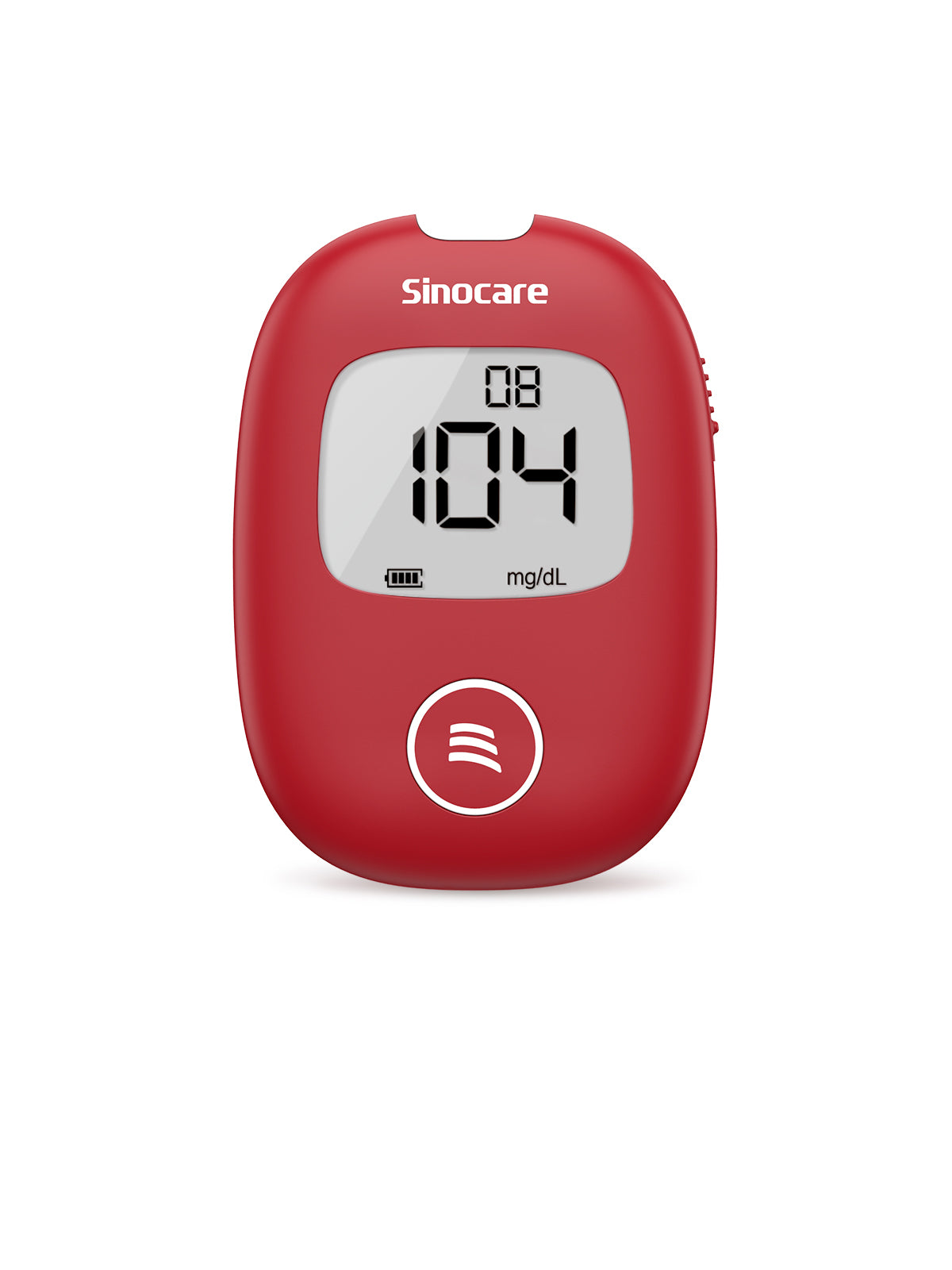
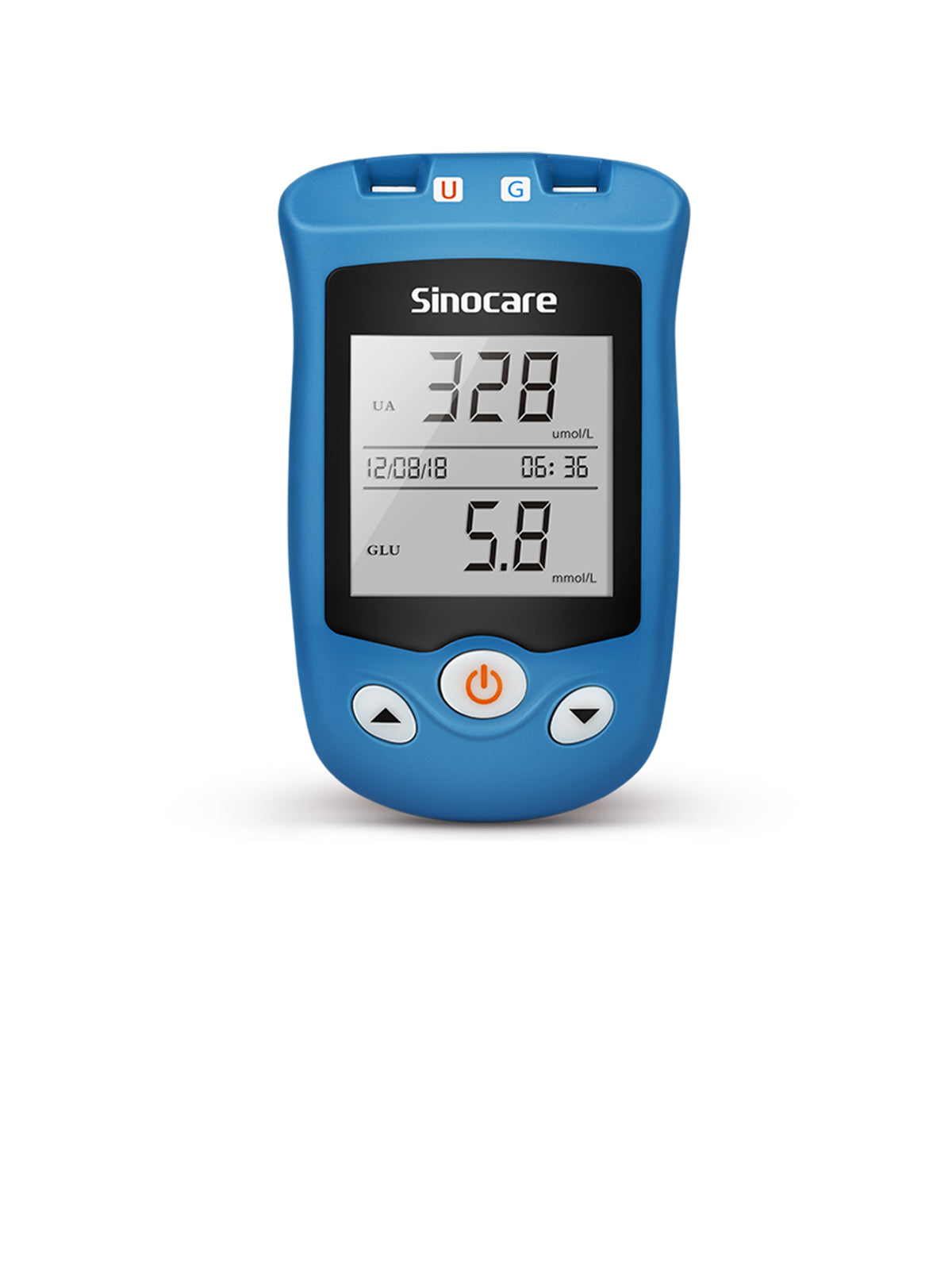


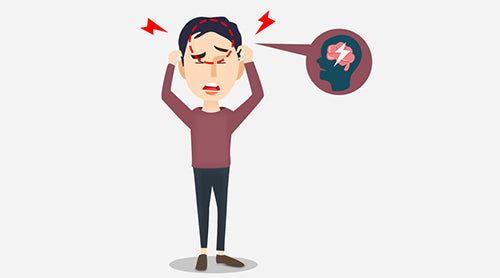



Leave a comment
All comments are moderated before being published.
This site is protected by hCaptcha and the hCaptcha Privacy Policy and Terms of Service apply.